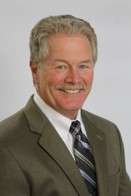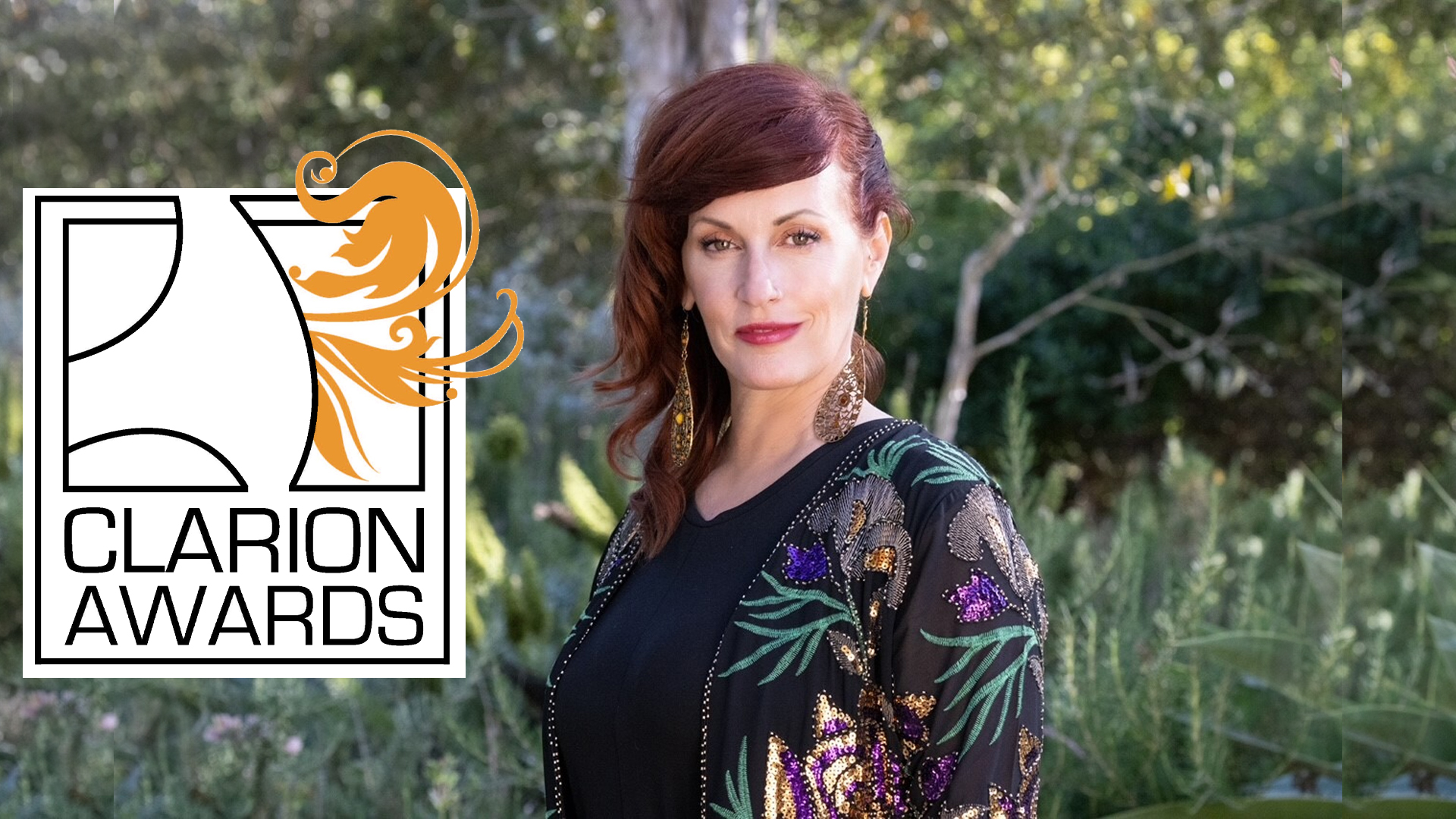Speaker: Chalmers Brothers, MBA
I have had the privilege of asking literally thousands of leaders over the past 20 years a simple but often eye-opening question: Of all the things you have to do to be successful as a leader, what would you say are the absolutely most important 1 or 2 or 3? In other words, when it’s all said and done, what do you “get paid” to do as a leader? As you might imagine, responses include:
- To set direction
- To enroll the company in our shared vision
- To ensure profitability
- To groom the next generation of leaders
- To shape the culture
- To ensure process improvement
- To inspire and motivate
- To coach
- To listen
- To drive business development
- To lead by example
- … and so on
All of these, to me, are spot-on and valid. The next question I ask is “What would a camera see you doing as you’re doing those things?” And after a brief silence and reflection, virtually always someone will say “Engaging with others” or “communicating” and again, I agree entirely but invite them to look at it a bit more specifically. I suggest that, in the end, leaders get paid to have effective conversations! That is, conversations that yield certain outcomes (see above) and not others. And this is so close, we don’t see it. It’s so obvious, we can miss it.
Leaders are “conversational architects” and “conversational engines”, are they not? Leaders achieve results by designing, convening and directing particular types of conversations.
Being a “strong” leader has nothing to do with arm strength or physical endurance; rather, it has to do with conversational competencies… as well as relational competencies and emotional competencies. And it has to do with understanding the ways these conversations generate certain types of quantitative and qualitative outcomes that are central to the organization’s success.
In particular, the conversations that drive productivity (which is quantitative) and culture (which is qualitative) are crucial to understand and master.
Conversations for culture (think alignment, orientation, building shared understanding of who we are, why we exist, where we’re going, how we’re going to treat each other along the way) involve making clear, public declarations that open new possibilities and “orient” the organization one way and not another. They are not transactional but rather are contextual; creating the non-physical but very real context out of which the organizational content (the employee interactions, coordination and behaviors) take place.
Conversations for coordinating action, for execution, for getting things done collaboratively involve making and managing commitments. All organizations, at their core, may be understood as human beings making and managing promises with each other… a network of interdependent commitments. And these clear commitments are generated via effective requests and specific (not open-ended) responses as the employees coordinate action to deliver products and services that satisfy the external promises the organization has made to its customers!
For much more, see “Language and the Pursuit of Leadership Excellence” by Chalmers Brothers.
Learn about Fielding’s programs here
About the Speaker
 Chalmers Brothers is a best-selling author, certified personal / executive coach, consultant, seminar leader, and speaker. He has a 32-year career focused on leadership development, workplace culture, productivity and accountability, teamwork and clarity in communication, emotional intelligence, trust- and relationship-building. His books – Language and the Pursuit of Happiness (2005) and Language and the Pursuit of Leadership Excellence (2015) have been adopted by multiple leadership and coaching programs. He has a TED talk (2014): How Language Generates Your World and Mine; his career includes Andersen Consulting and Vistage. He is an engineer with an MBA from Louisiana State University.
Chalmers Brothers is a best-selling author, certified personal / executive coach, consultant, seminar leader, and speaker. He has a 32-year career focused on leadership development, workplace culture, productivity and accountability, teamwork and clarity in communication, emotional intelligence, trust- and relationship-building. His books – Language and the Pursuit of Happiness (2005) and Language and the Pursuit of Leadership Excellence (2015) have been adopted by multiple leadership and coaching programs. He has a TED talk (2014): How Language Generates Your World and Mine; his career includes Andersen Consulting and Vistage. He is an engineer with an MBA from Louisiana State University.

Join Over 7,500 Fielding Alumni Located Around The World!
Change the world. Start with yours.™






Get Social